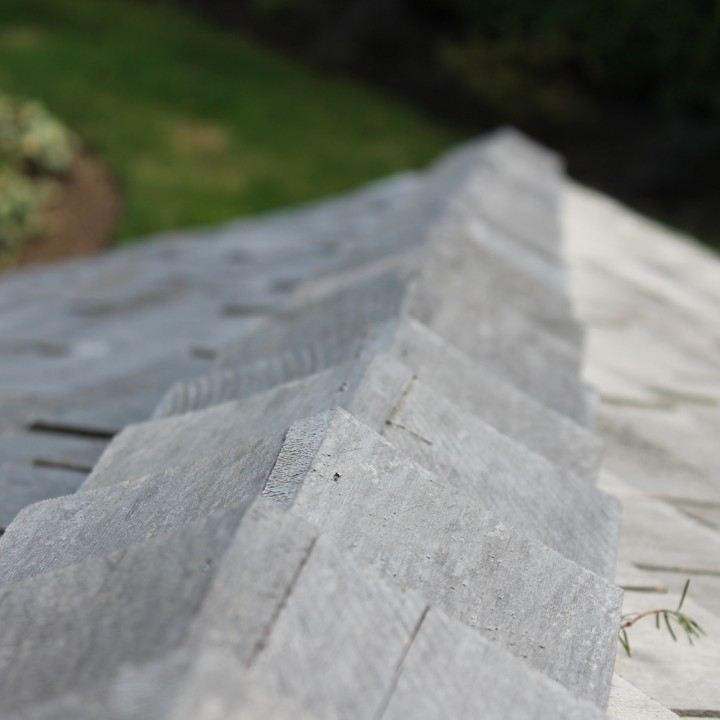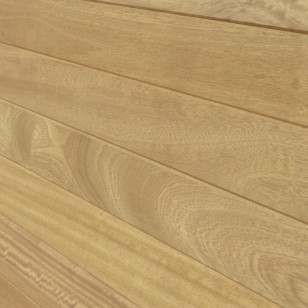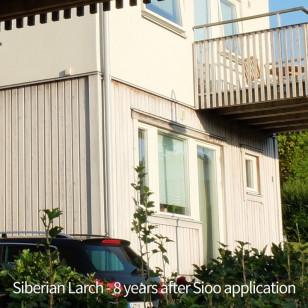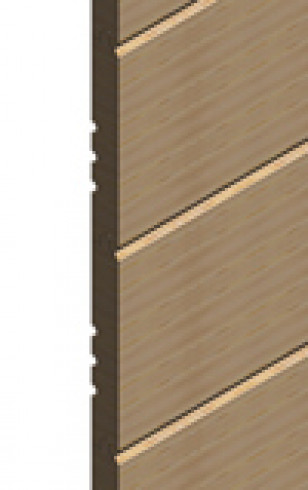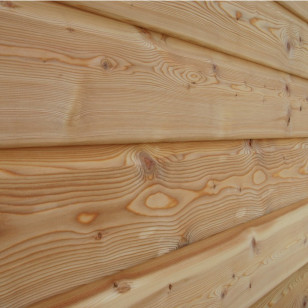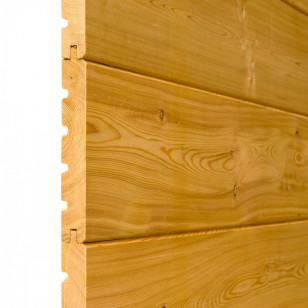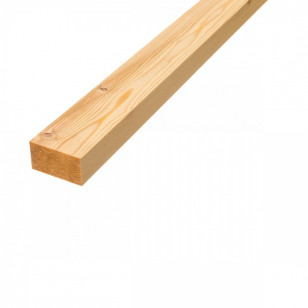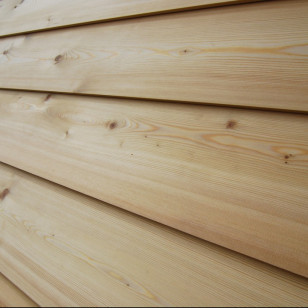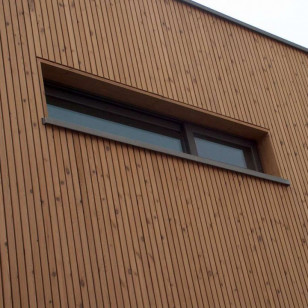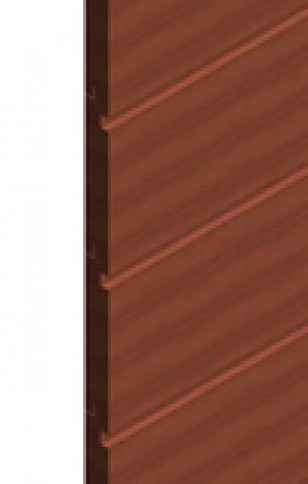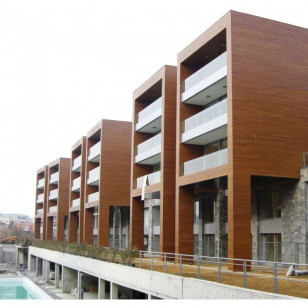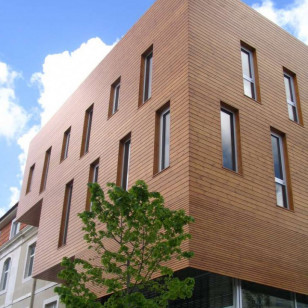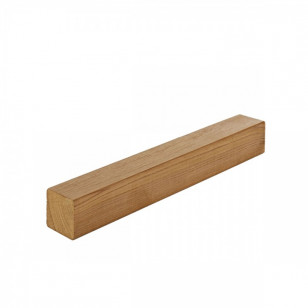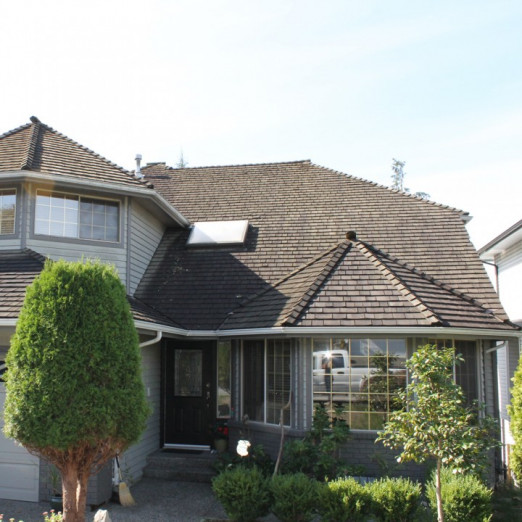Yellow Cedar, also known as Western Cypress, is popular due to its unique properties and appearance. Yellow cedar, which has a uniform pale yellow color when new, will weather to a light silver gray patina and is heavier and more dense than Western Red Cedar.
Certigrade ® Yellow Cedar Shingles, which are sawn on both sides for a tailored appearance, are available in 405mm length (Fivex) and are Clear heartwood; 100% edge grain; no defects.
- Uniform pale yellow colour when new, will weather to a light silvery grey patina
- Fine texture, straight grain
- Extremely stable with little shrinkage
- Excellent strength and wear
- PEFC certified
Yellow Cedar (also known as Alaskan Yellow Cedar or Western Cypress) is far less widely known and used than Western Red Cedar, yet it offers very similar performance characteristics. In fact in many areas Yellow Cedar is superior to Western Red Cedar.
Yellow Cedar grows along the Pacific coast of North America, from Oregon in the south up into Canada and as far north as Alaska. It shares a similar growing region to Western Red Cedar; however Yellow Cedar usually grows at higher elevations which can make access for logging difficult. This probably accounts for the fact that despite its abundance it does not have the widespread commercial availability of Western Red Cedar.
Due to the high rainfall and colder temperatures of its local climate, Yellow Cedar grows very slowly which creates very tight growth rings. There is little distinction between early wood and late wood rings which makes for very dense wood, a consistent colour and a high degree of stability throughout the tree. Furthermore, Yellow Cedar possesses a high level of natural decay resistance and is a very hard softwood. Being stable, strong and extremely weather resistant, Yellow Cedar is an ideal material for shingles and shakes. Its longevity, superior performance characteristics and the fact that it weathers to a consistent light silver grey make Yellow Cedar shingles and shakes a much sought after roofing and cladding material. They have been used for centuries in certain regions of North America and their reputation has spread and led to their use in all parts of the continent. Now here in the UK, Silva Timber are the first company in Europe (as far as we know) to supply Yellow Cedar shingles and shakes.
Historically Yellow Cedar has been widely used in boatbuilding and marine applications because of its excellent weather resistance and strength. Its strength and lightness in weight have even led to its use in aircraft construction. Yellow Cedar is also used in Japanese garden design and architecture, and because it thrives in wet environments it is also used around pools and in saunas.
Yellow Cedar shingles and shakes are graded to the same exacting quality control product standards written by the Cedar Shake and Shingle Bureau for Western Red Cedar.
